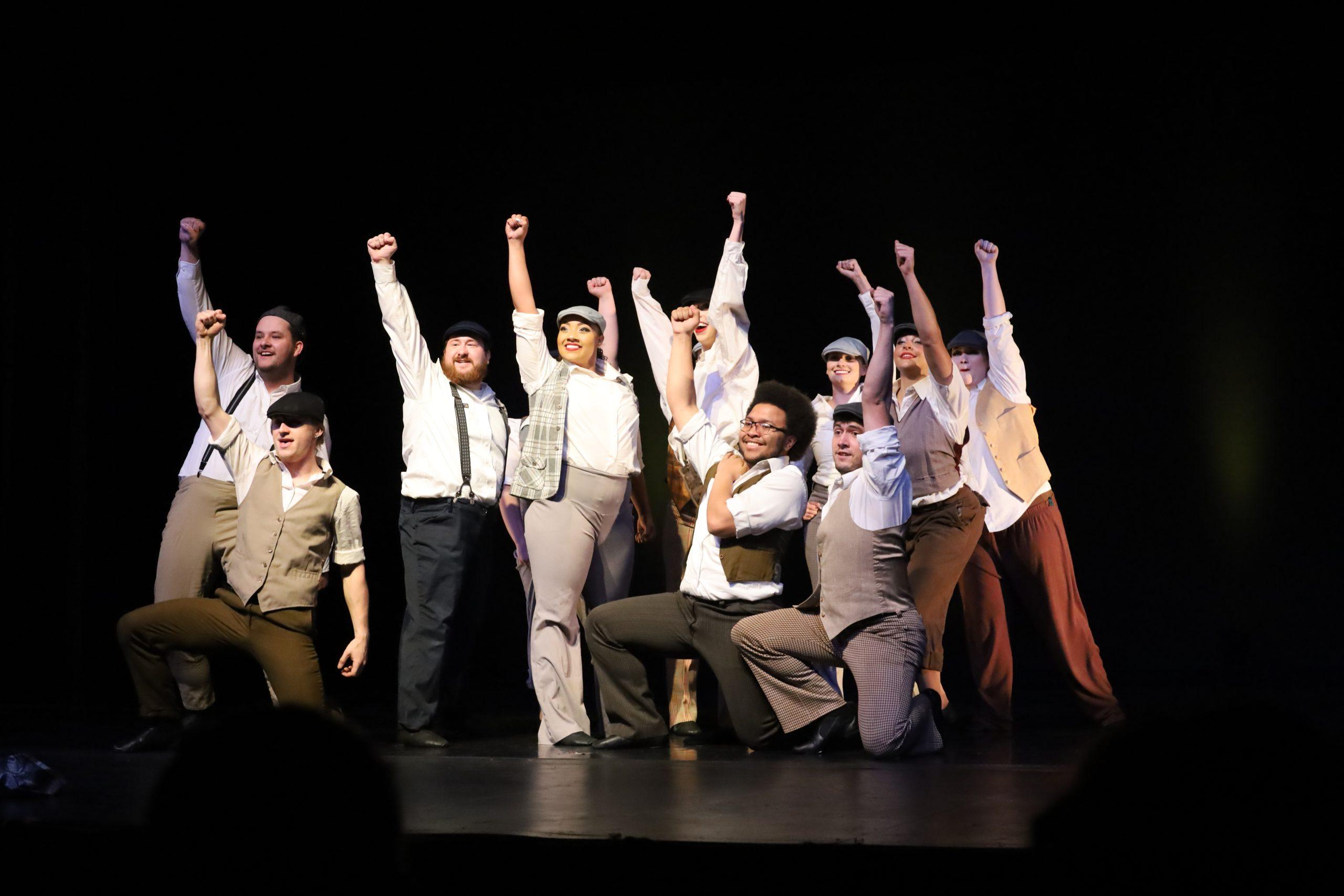Physics & Engineering
Colleges and Programs of Study
Why Wesleyan? Smaller classes, hands-on experiences, well equipped labs, readily available faculty, 94% of recent graduates work in engineering or physics.
Our Physics/Engineering Dual-Degree program involves WVU and Marshall University. Students study three years at Wesleyan and then two years of specialized engineering at the chosen university. Students earn two degrees—Wesleyan’s physics degree and the university’s engineering degree.
Employers: Bell Helicopters, Bechtel-Bettis Nuclear Lab, Cabell-Huntington Cancer Center, DuPont, Federal Highway Administration, General Dynamics, General Electric, General Motors, Lockheed-Martin, NASA, National Energy Technology Lab, Northrup- Grumman, Oak Ridge National Lab, Pratt & Whitney, Thrasher Engineering, Toyota, Vantage Oncology, WV Division of Highways.
Lab Instrumentation: Electron microscope, wind tunnel, 3-D printer, radio telescope, nuclear lab, laser lab, microwave lab, plasma physics lab, magnetic resonance lab, x-ray diffraction lab, heat pump lab, superconductor lab, ultrasonic lab.
Student research occurs year-round at Wesleyan and during the summer at places such as Columbia University, Cornell University, the Federal Highway Administration, Jefferson National Lab, NASA, NIST, the WV Division of Highways, and WVU.
Our NASA affiliation funds NASA Fellowships for students and summer research for students at NASA sites. NASA sponsors our SPACE Club, whose members design payloads that NASA launches on sounding rockets.
Can physics/engineering students participate in performing arts/sports? Yes! Join our 31 students who are presently doing so. Our labs end by 3:50 pm—practice starts at 4:00 pm. (Wesleyan has lots of scholarship opportunities in performing arts/sports.)


-
SURE Grant
SURE & Maier Summer Research Program- Application due March 14 (click for application)!
Do you want to be involved in a long-term research project that has the potential to transform the way you think about science and your future career as a researcher?
West Virginia Wesleyan College is excited to host the Summer Undergraduate Research Experience (SURE) and Maier research programs during summer 2023 to offer extended research experiences in the STEM areas (science, technology, engineering, and math). The SURE program will run for 8 weeks between May-July and is available to students from WVWC and other institutions around the state. Students will earn a stipend of $3,500 with free on-campus housing. Students will also be required to present their research at a state or regional scientific meeting (travel funds available).
Interested? Apply!
- Consult the list of faculty involved below.
- Have a discussion with the faculty member of interest to see what projects they will be working on.
- Submit the application which will include a personal statement and unofficial transcripts.
- Application deadline is Tuesday, March 14. Successful applicants will be notified by the end of March.
Participating Faculty
Dr. Bruce Anthony
Dr. Kim Bjorgo-Thorne
Dr. Tracey Delaney
Dr. Caleb Gibson
Dr. Kathy Gregg
Dr. Joseph Niederhauser
Dr. Jesse Oldroyd
Dr. Melanie Sal
Dr. Joseph Wiest
-
The McCuskey Fellowship Program
Transform your West Virginia Wesleyan Experience with the McCuskey Fellowship!
Apply now for the McCuskey Family Fellowship in undergraduate research for a scholarship to work with a faculty on a primary research fellowship for three years of study! You’ll be a part of an unparalleled high-impact practice in designing and creating your research project over three years!
Physics and Engineering Department Overview Video
Albert Popson, Jr., Professor, Department Chair
Adviser, Sigma Pi Sigma Physics Honorary Society
Ph.D., Clemson University
Office: Christopher 101
Email: popson@dos5.net
Phone: 304-473-8070
Teaches: General Physics, Electronics, Engineering Thermodynamics, Solid State Physics, Quantum Mechanics, Materials Lab, Advanced Engineering Lab
Research: Cryogenics, superconductors, wind tunnels, x-ray crystallography, heat pumps, strength of materials, magnetic resonance
Joseph Wiest, Professor, NASA Representative
Medical Physics Adviser
Ph.D., University of Kentucky
Office: Christopher 122
Email: wiest@dos5.net
Phone: 304-473-8062
Teaches: Fluid Mechanics, Heat Transfer, Light and Atomic Physics, Nuclear Physics, Laser Lab, Journey to the Moon and Mars
Research: Cosmic rays, cloud chambers, structure of nuclei, proton beams, nitrogen lasers, muons
Tracey DeLaney, Associate Professor
Space Club Adviser, Planetarium Director
Ph.D., University of Minnesota; Postdocs, Harvard, MIT
Office: Christopher 124
Email: delaney_t@dos5.net
Phone: 304-473-8330
Teaches: Engineering Design, Electromagnetism, The Solar System, Stars and Galaxies, Geology, Physical Science
Research: Supernovas, high-speed photography, NASA payload design, radio telescopes
Eric Reynolds, Assistant Professor
Ph.D., Physics, West Virginia University
Office: Christopher 123
Email: reynolds_e@dos5.net
Phone: 304-473-8333
Teaches: General Physics, Engineering Mechanics, Analytical Mechanics, Mechanics of Materials, Materials Science
Research: Plasma physics
Tim Rollins, Lab Technician
-
Physics - B.S.
- The student can apply broad knowledge of the branches of physics — mechanics, thermodynamics, sound, light, analog and digital electronics, materials science, solid state physics, electromagnetism, nuclear physics, and quantum mechanics.
- The student can apply an evidence-based problem-solving method that identifies a physics problem, designs an appropriate experiment, analyzes the data, and communicates the result.
- The student can use advanced tools and techniques of physics.
- The student can examine the role of physics in contemporary societal issues.
-
Physics - B.A.
- The student can apply foundational knowledge of the branches of physics — mechanics, thermodynamics, sound, light, electronics, electromagnetism, and nuclear physics.
- The student can apply an evidence-based problem-solving method that identifies a physics problem, designs an appropriate experiment, analyzes the data, and communicates the result.
- The student can use advanced tools and techniques of physics.
- The student can examine the role of physics in contemporary societal issues.
-
Applied Physics - B.S.
This program prepares students to use physics to meet the needs of society. Employers value our graduates because they are ready to work with lasers, electron microscopes, nuclear systems, radiation safety, energy efficiency, solar panels, robotics, computation, and airport security systems. In addition, our Applied Physics majors have been accepted to graduate studies in physics, medical physics, and most fields of engineering.
-
Engineering Dual Degree
- The student can apply knowledge of physics and math to solve problems. (This outcome is related to ABET outcomes a and e.)
- Teams of students can apply an evidence-based problem-solving method that identifies an applied-science problem, designs an appropriate experiment, analyzes the data, and communicates the result. (This outcome is related to ABET outcomes b, c, d, and g.)
- The student can use the tools and techniques of applied physics and math. (This outcome is related to ABET outcome k.)
- The student recognizes a responsibility for life-long learning to apply physics to contemporary ethical and societal issues. (This outcome is related to ABET outcomes f, h, i, and j.)
Programs of Study
-
Art and Design
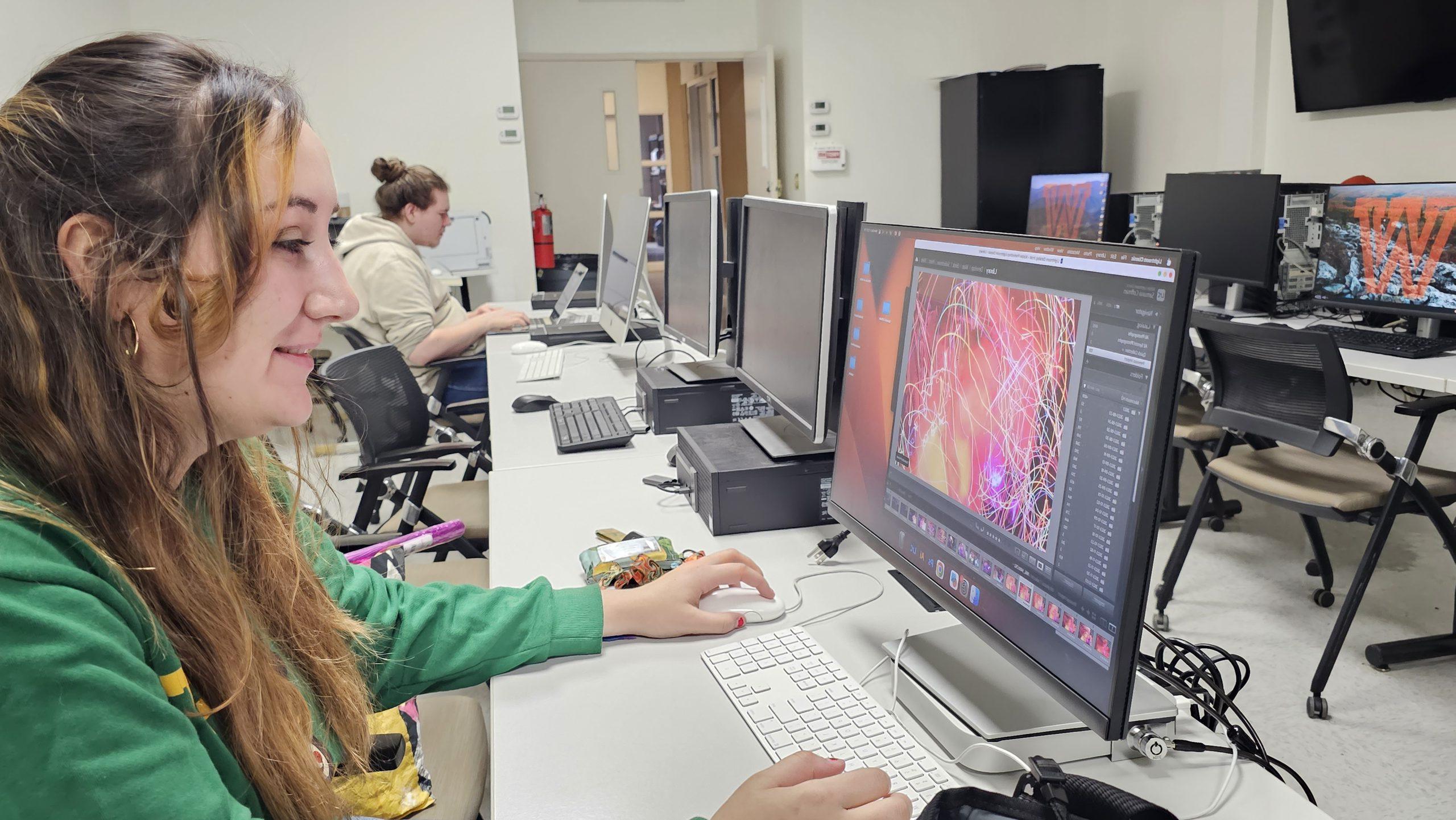
-
Biology & Environmental Science
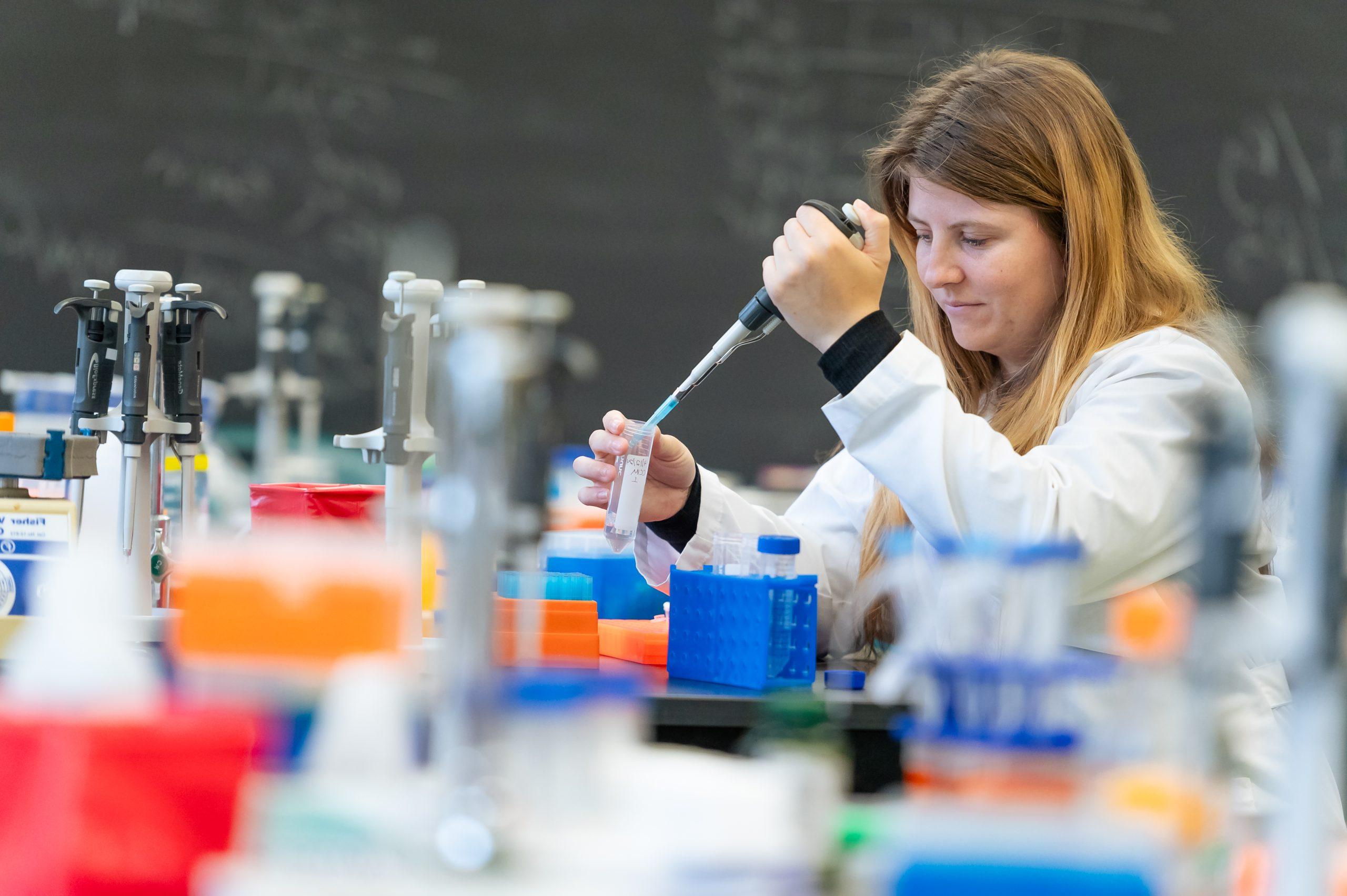
-
Business
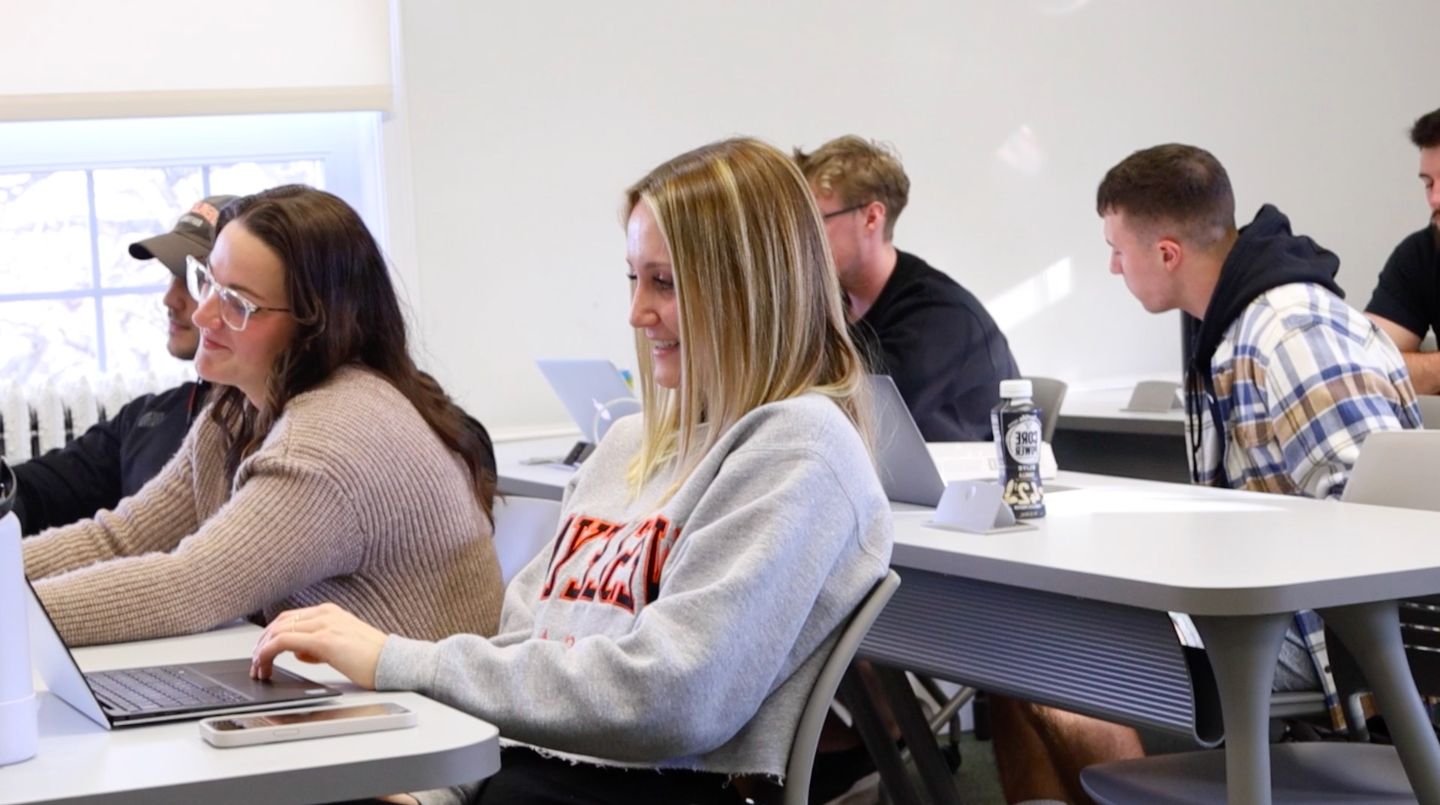
-
Chemistry & Biochemistry
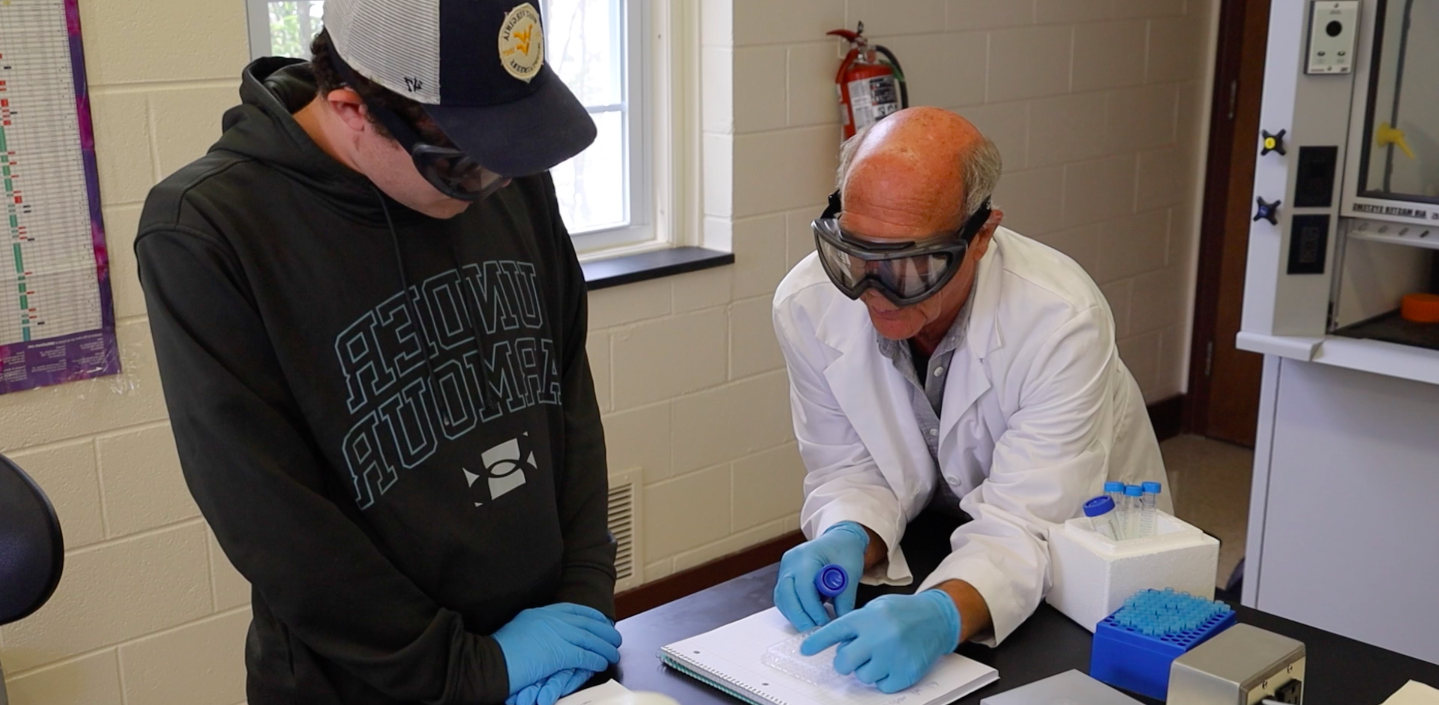
-
Communication & Media
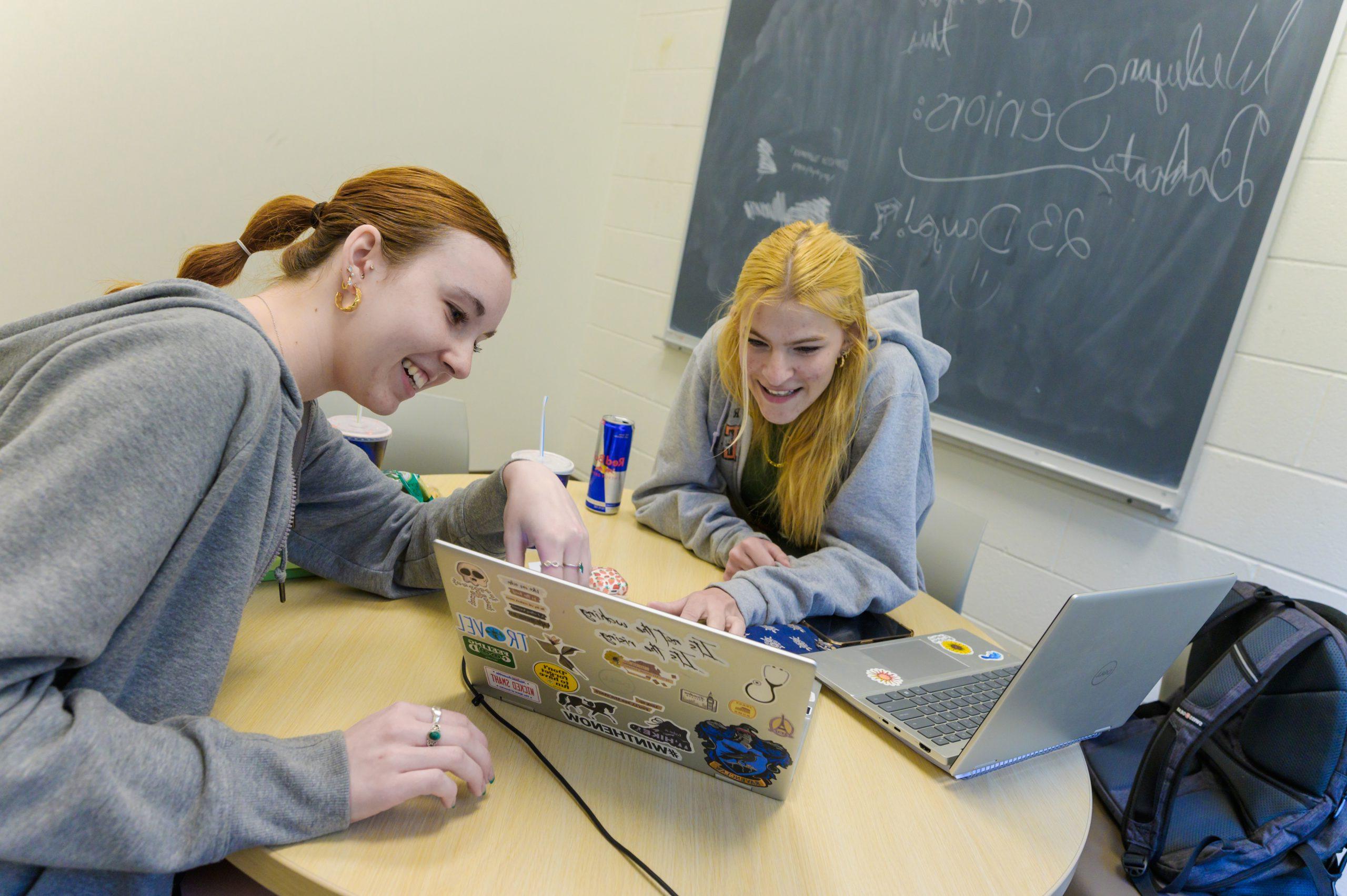
-
Education
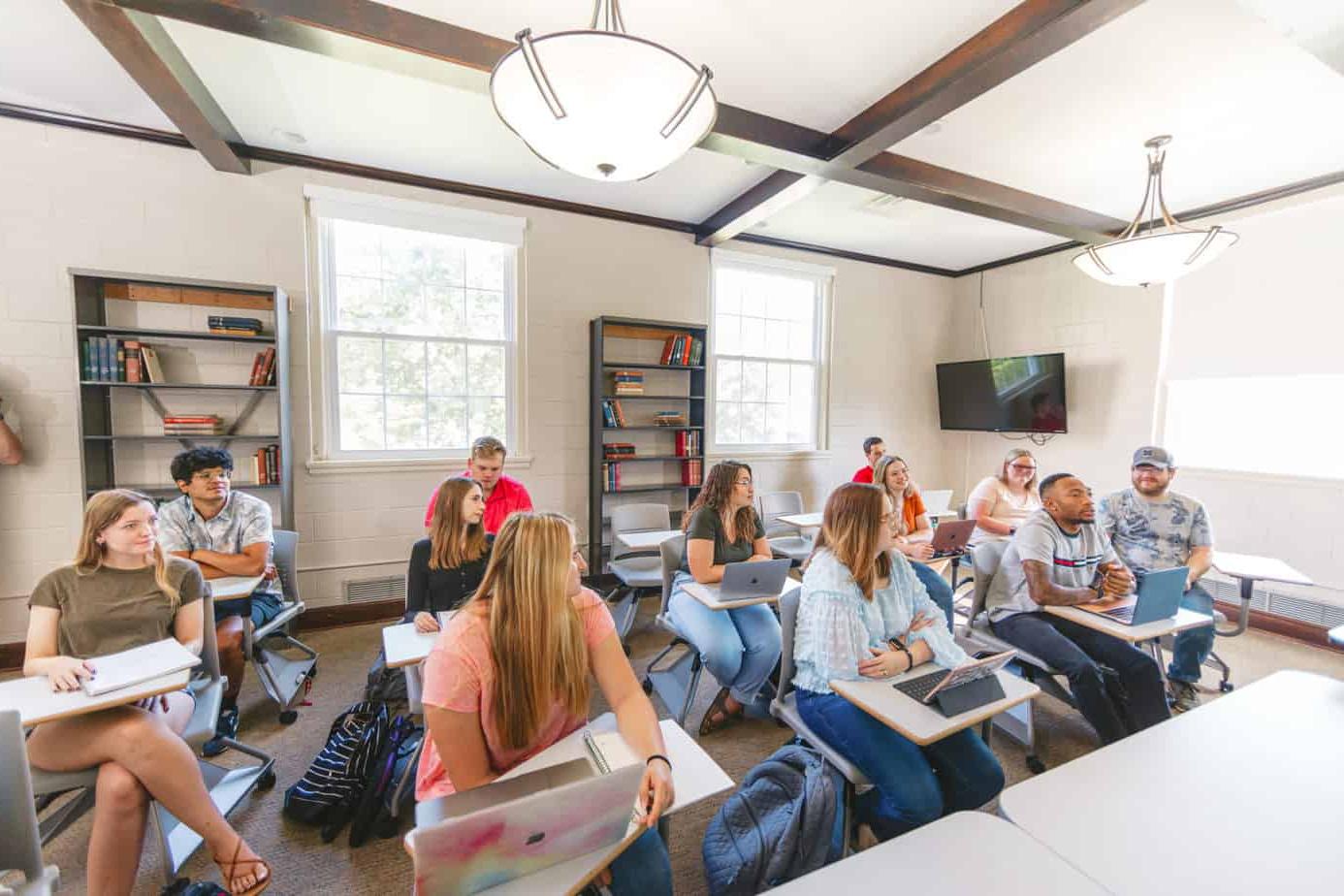
-
English
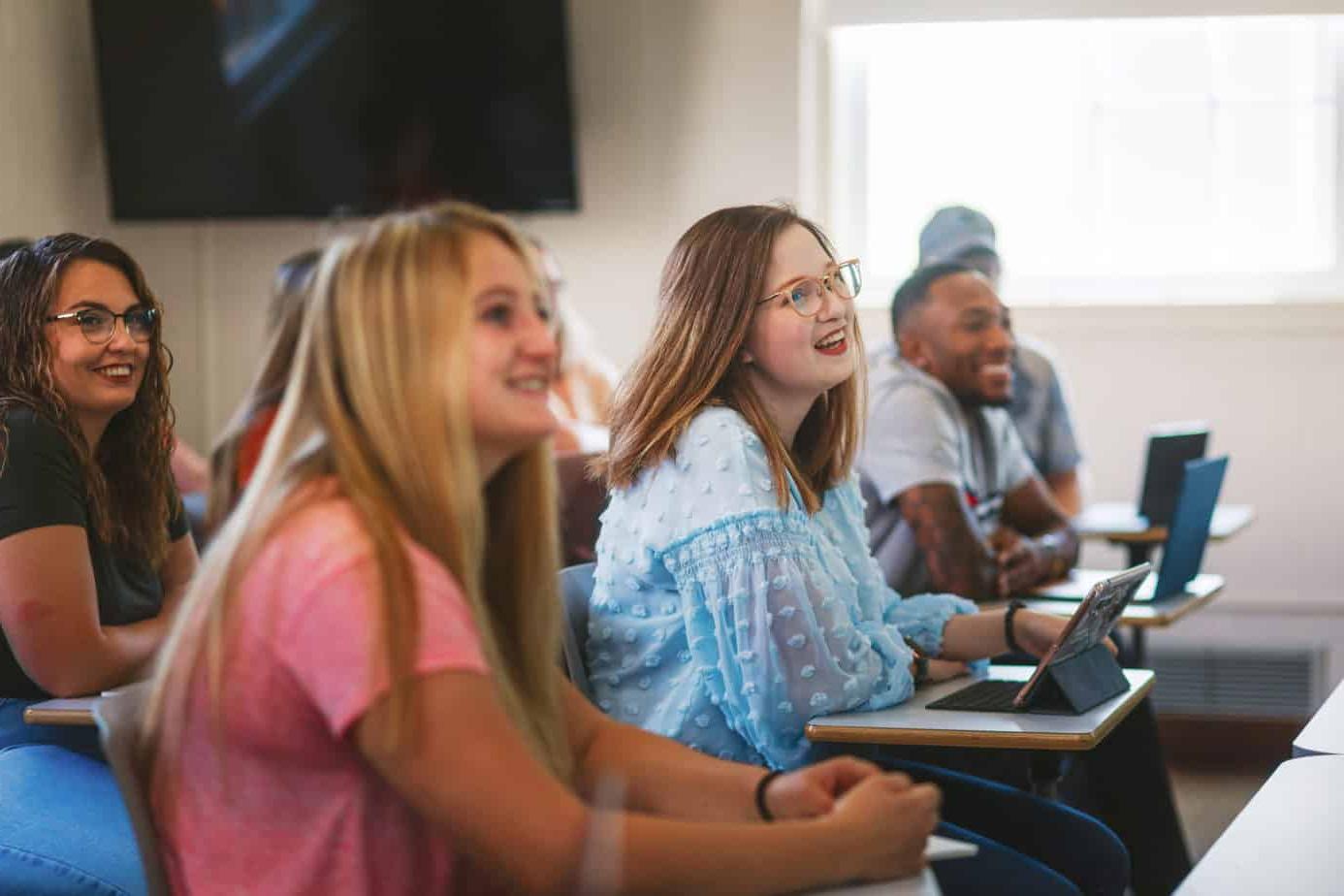
-
Exercise Science & Athletic Training
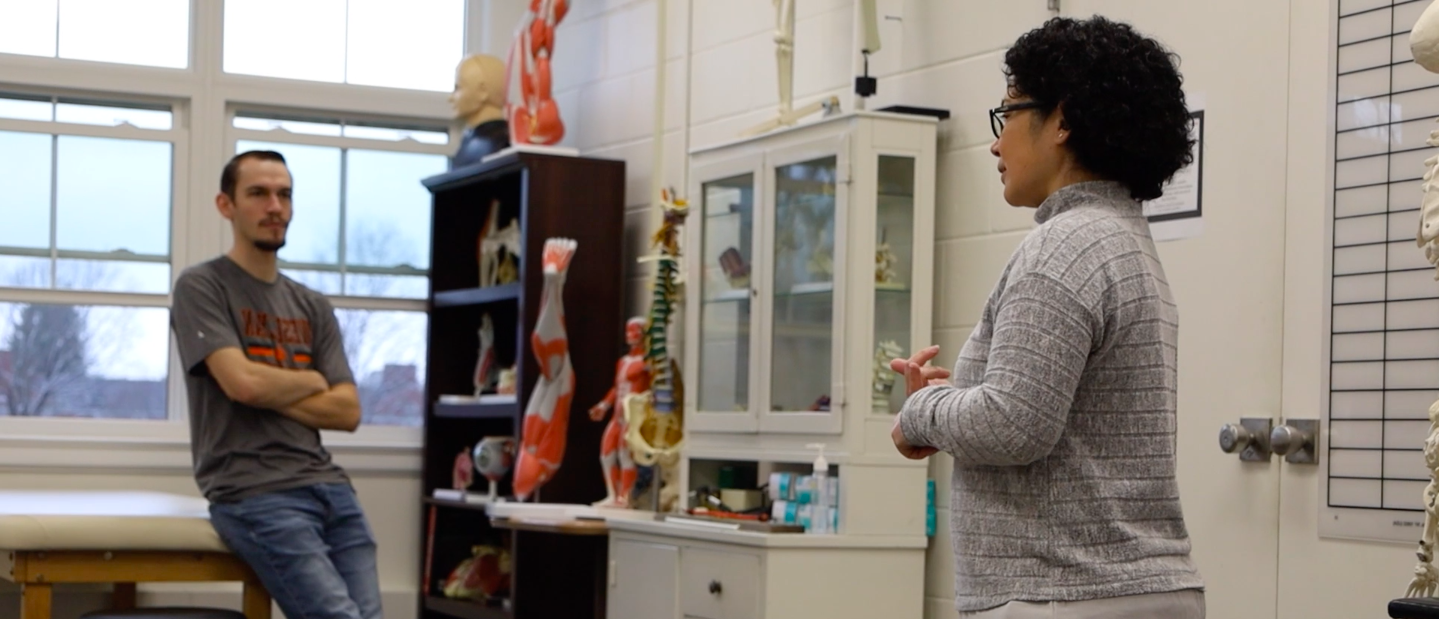
-
Health Sciences
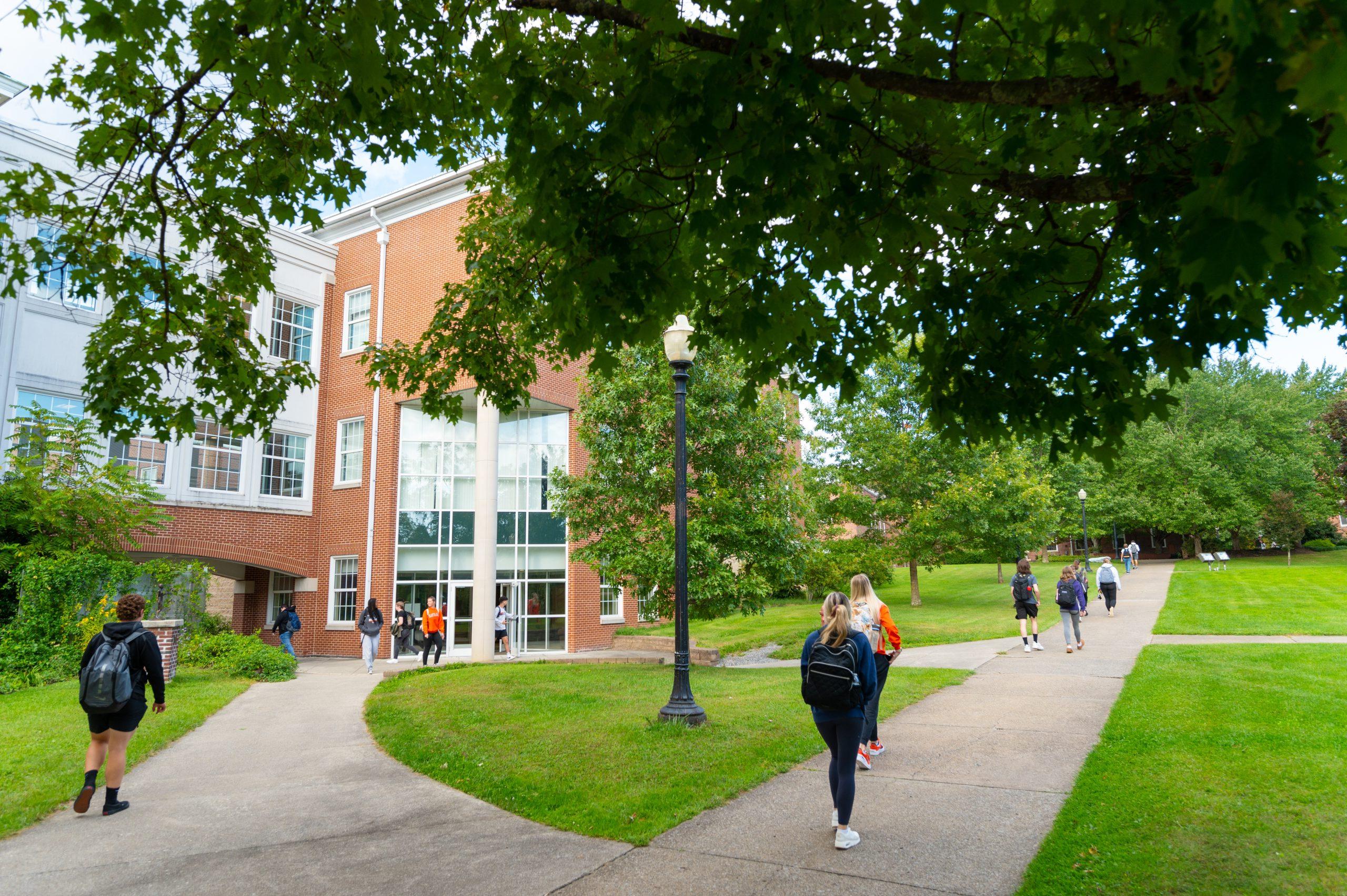
-
History and International Studies
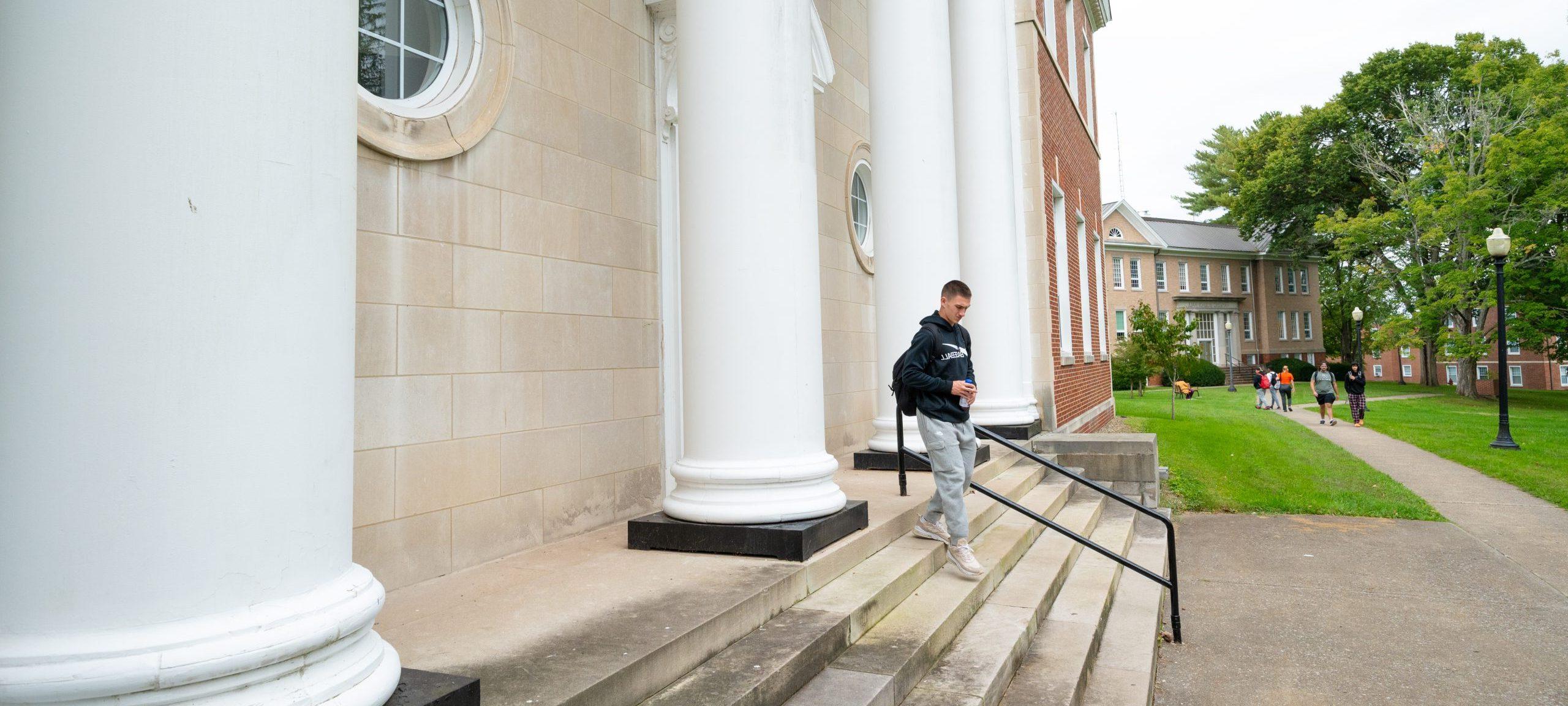
-
Mathematics & Computer Science
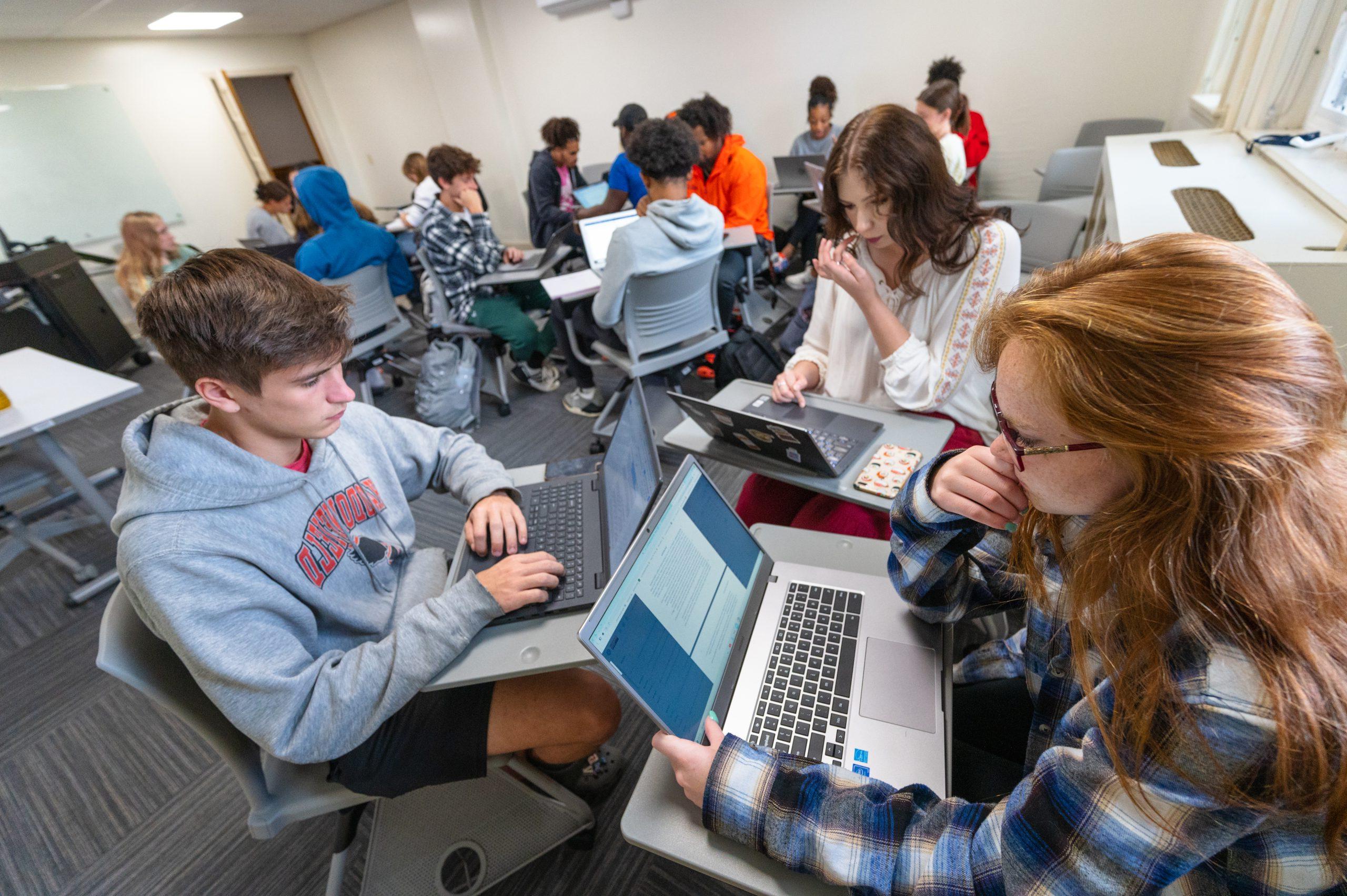
-
Music
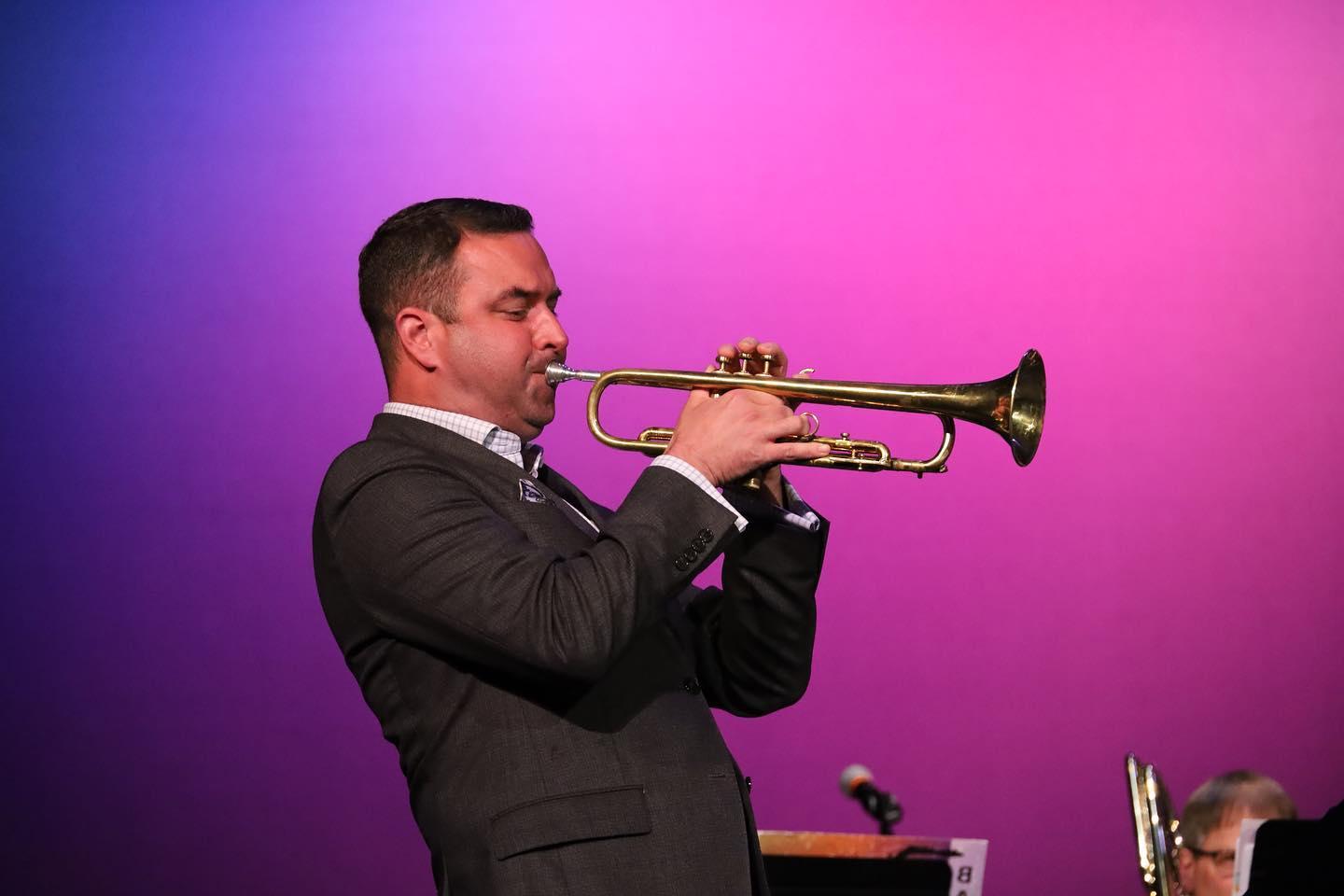
-
Nursing
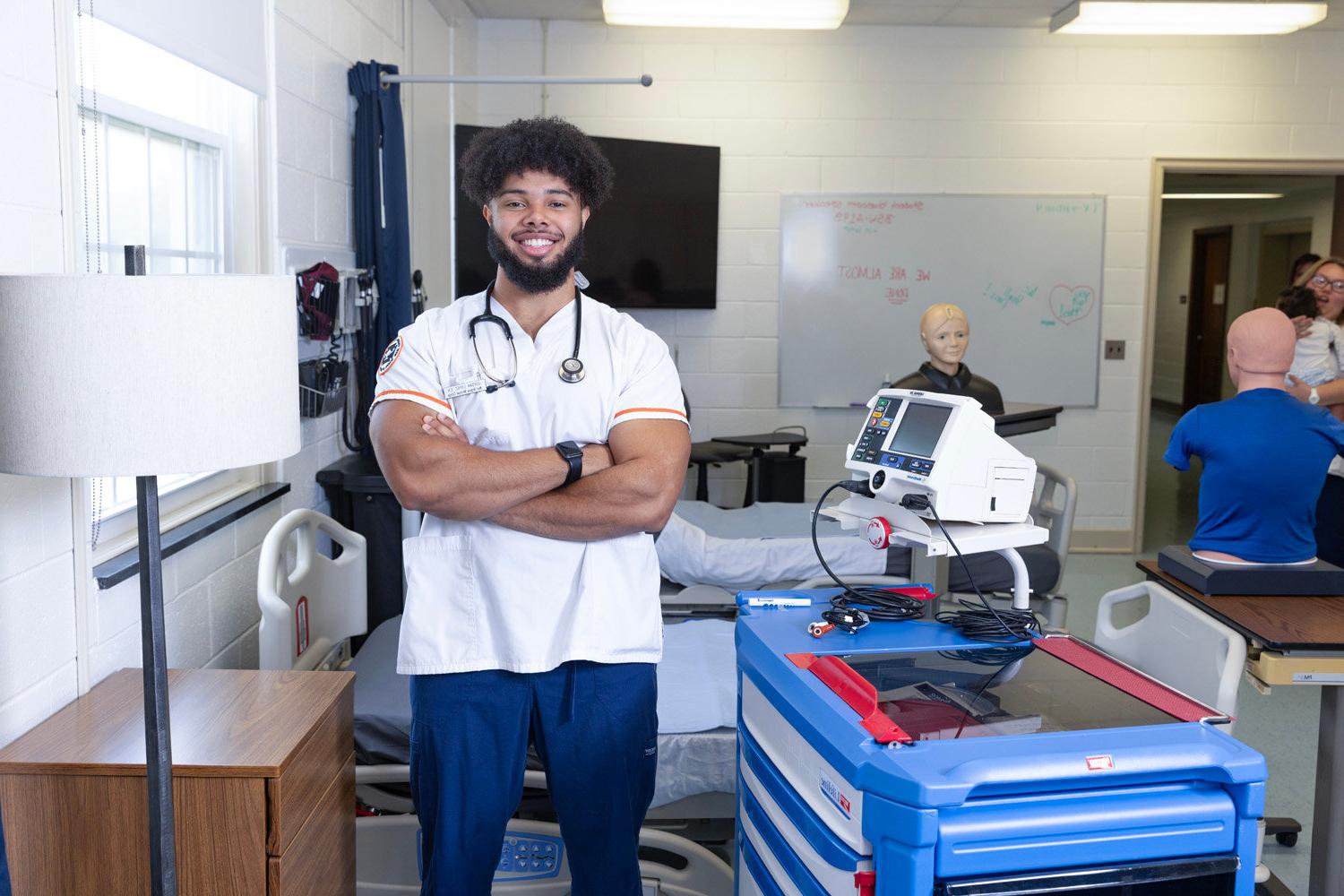
-
Philosophy and Religious Studies
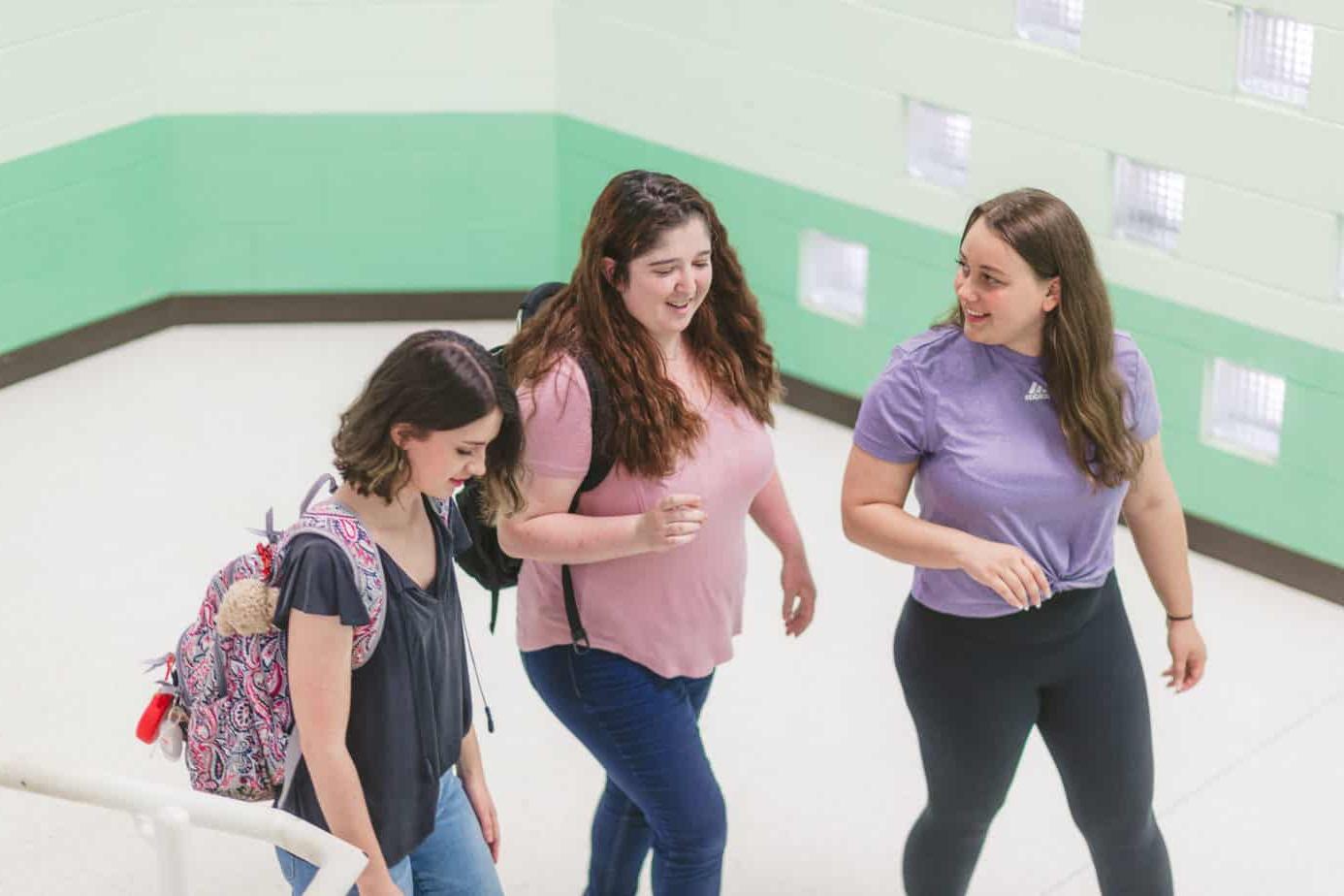
-
Physics & Engineering
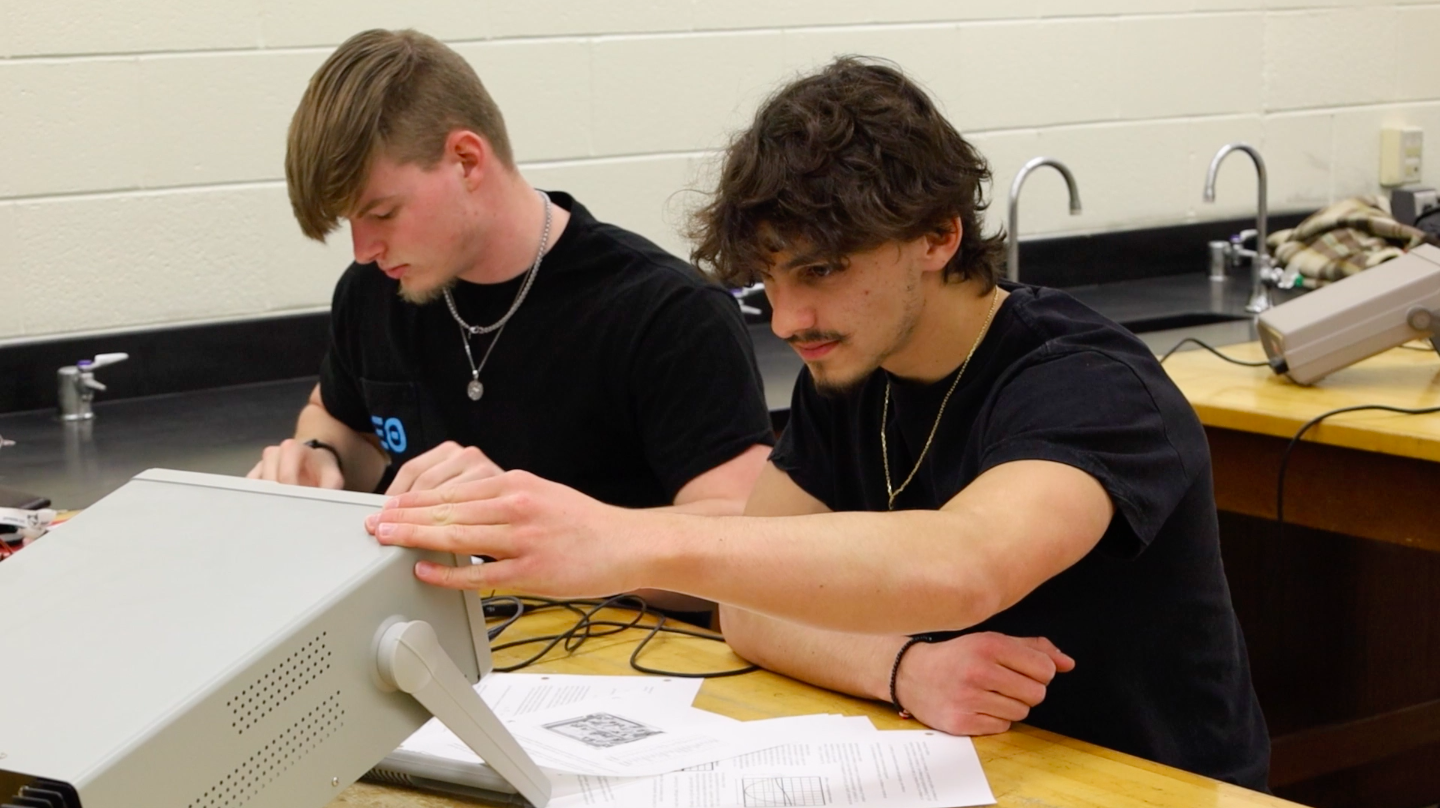
-
Psychology
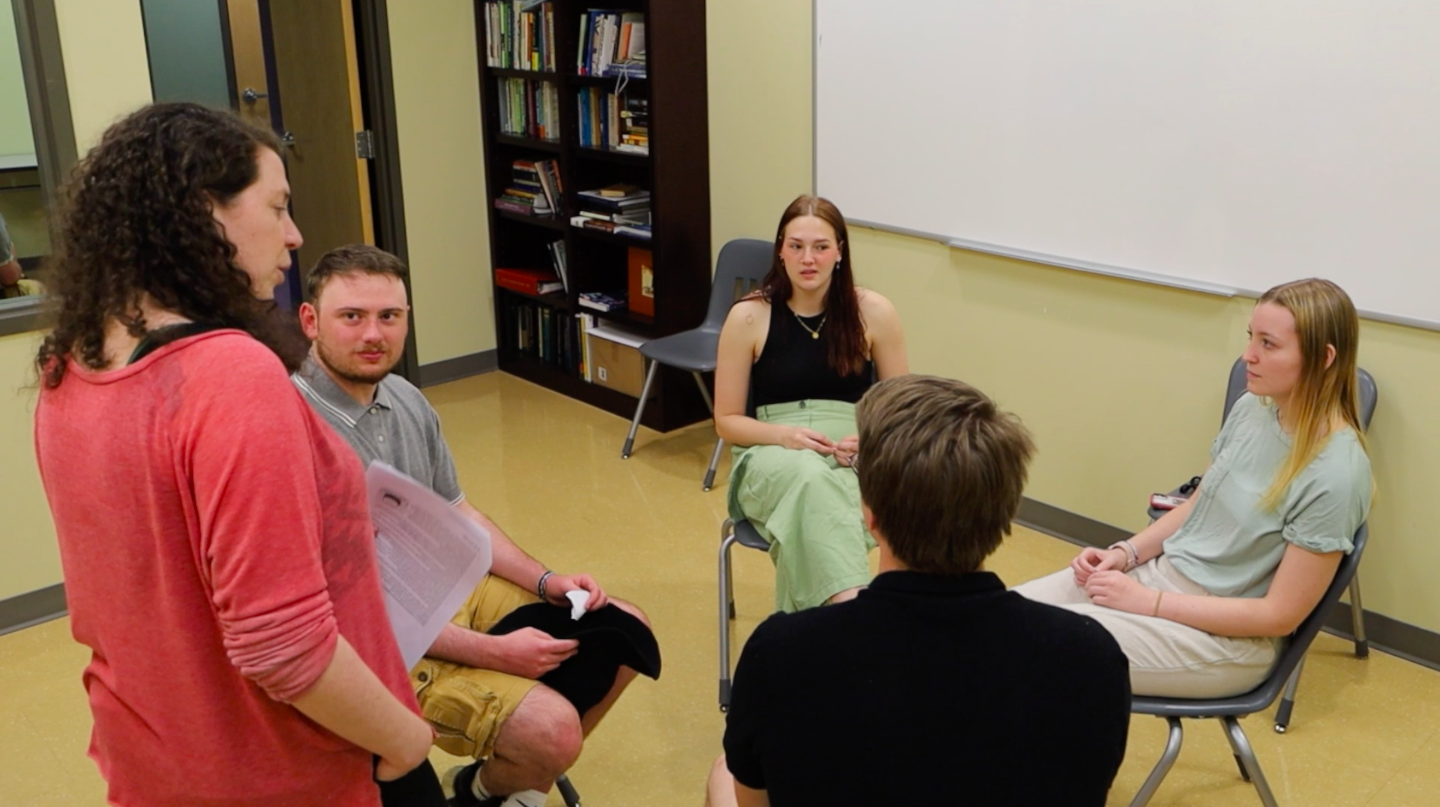
-
Social Sciences
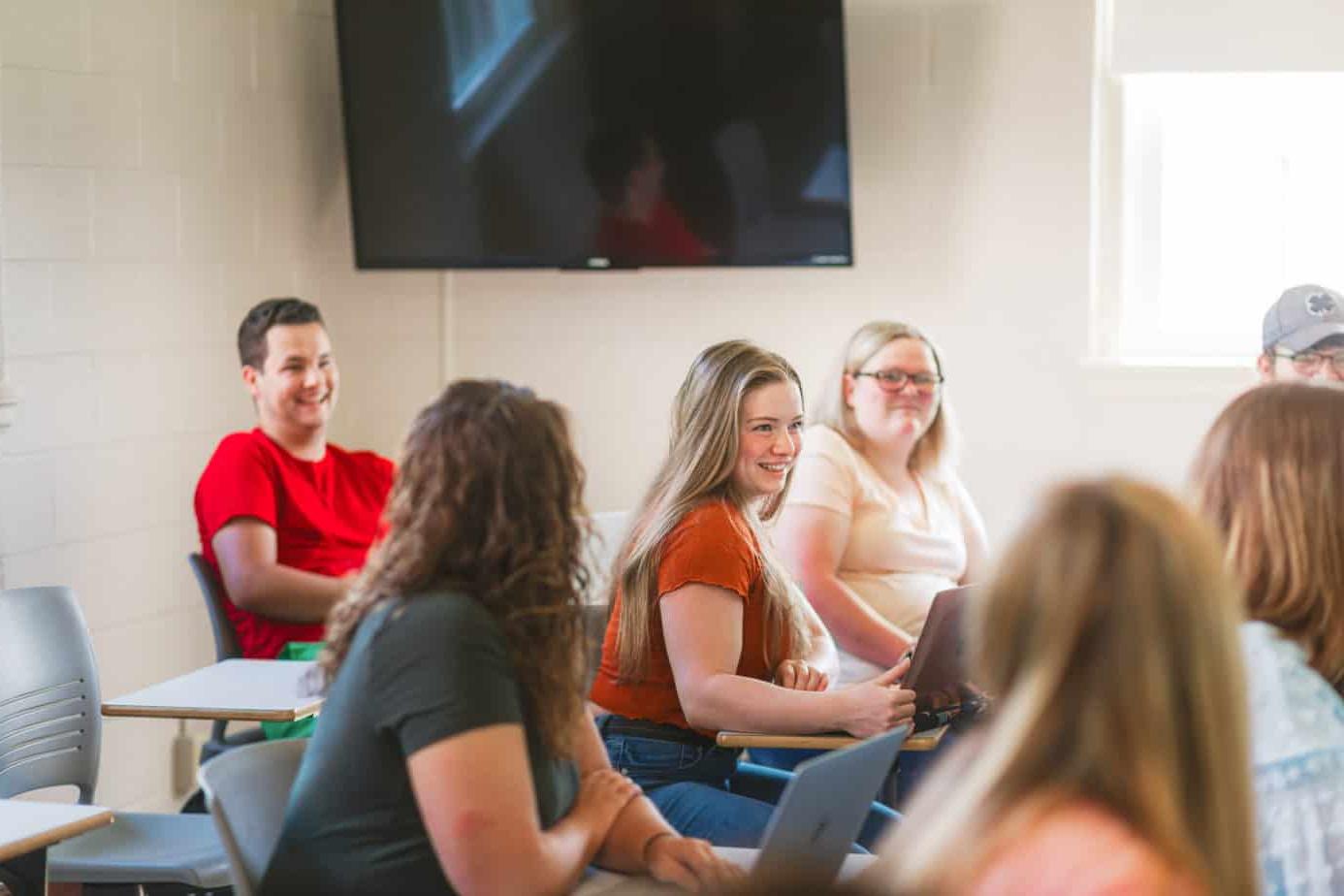
-
Theatre and Dance Department
